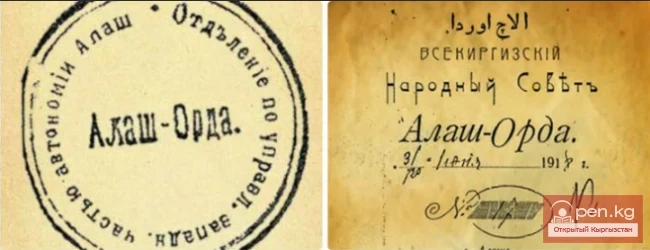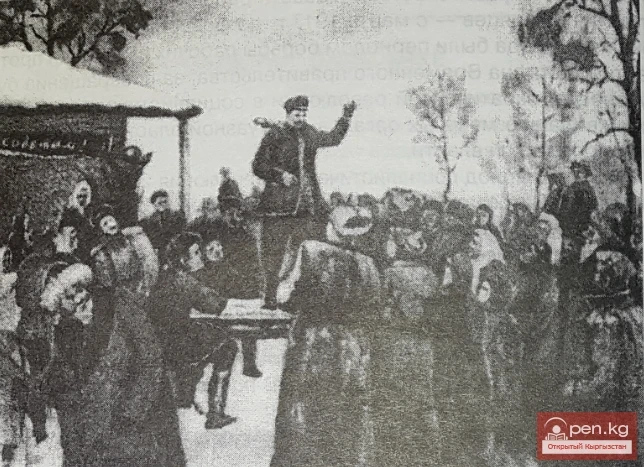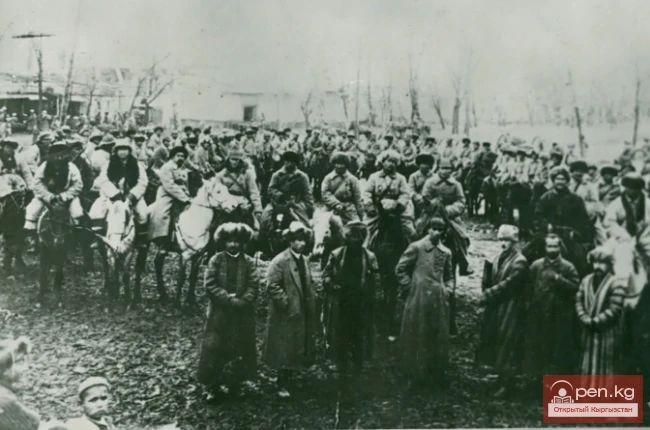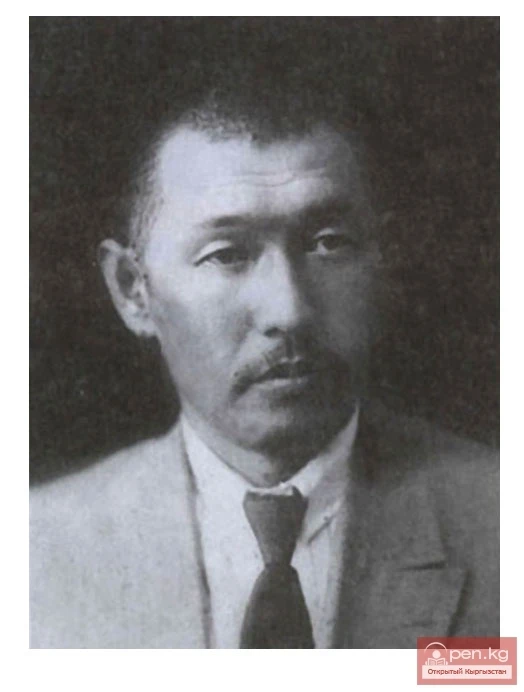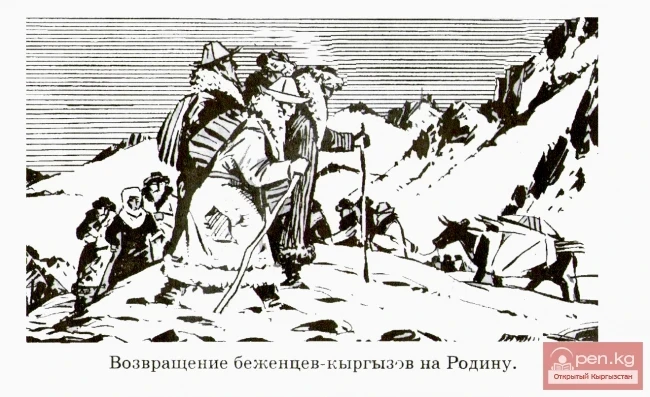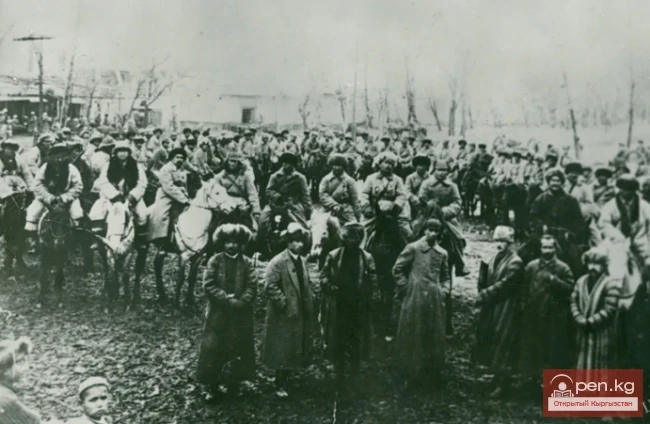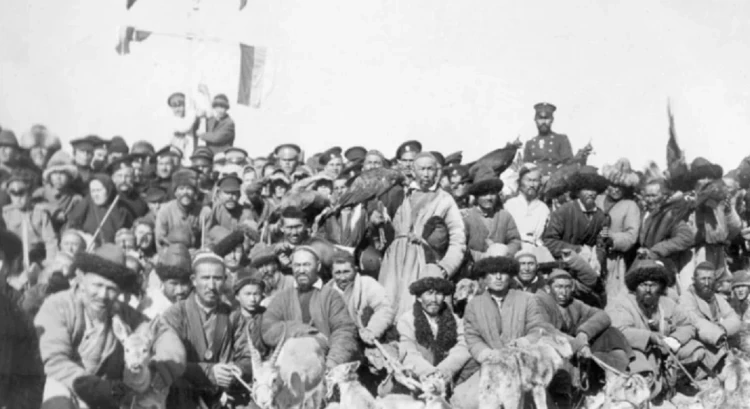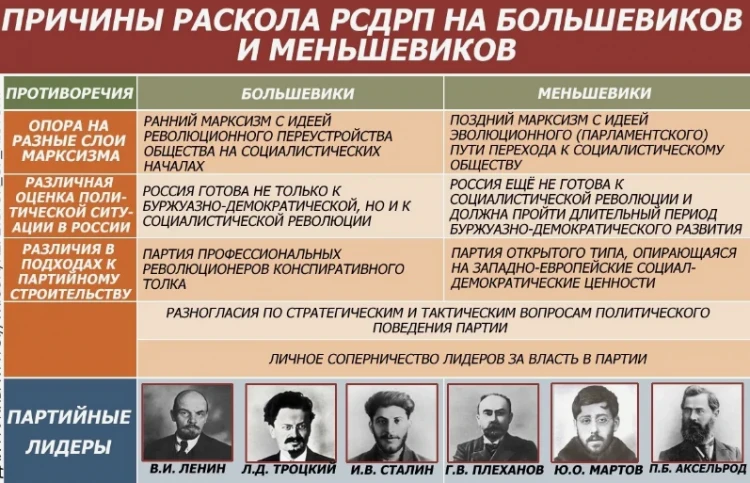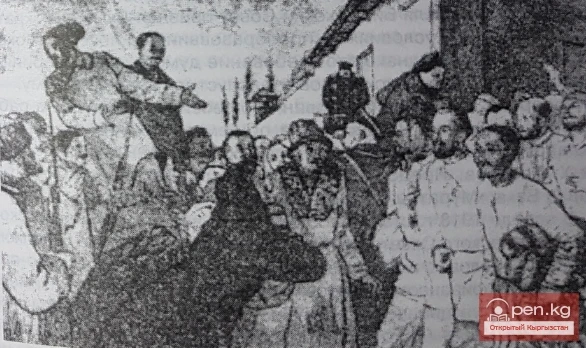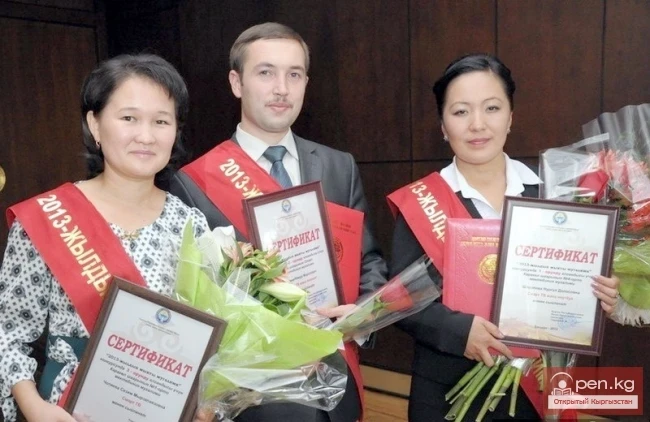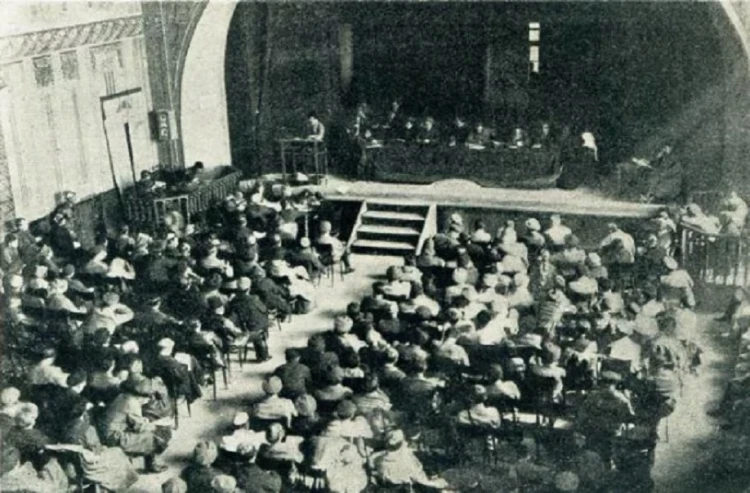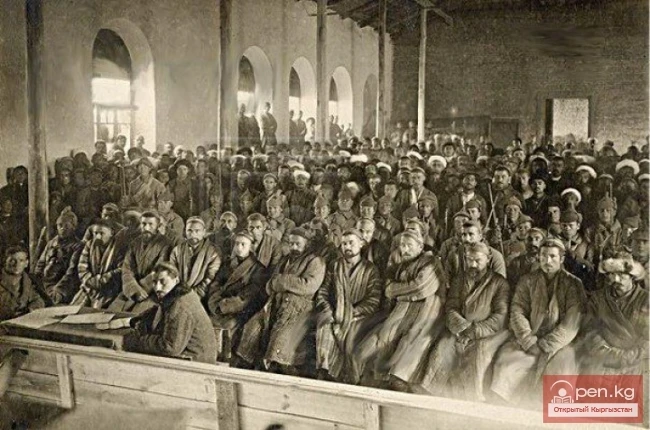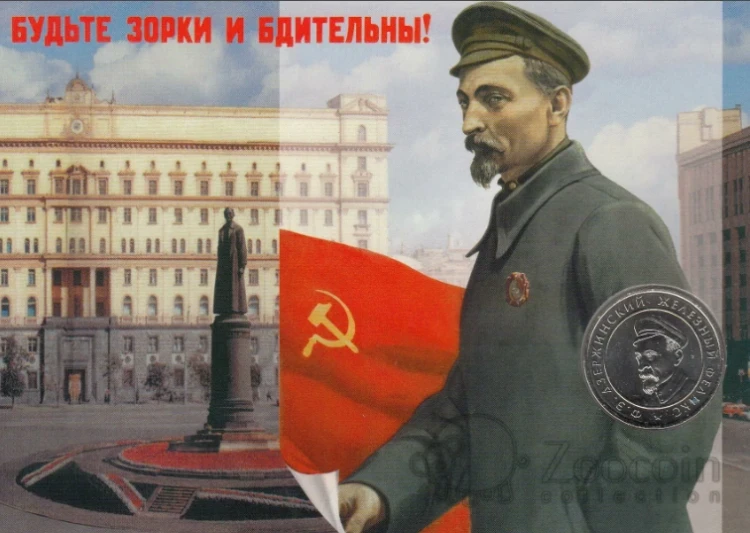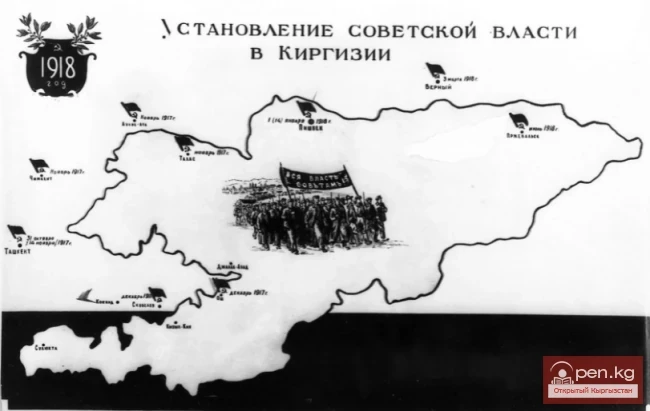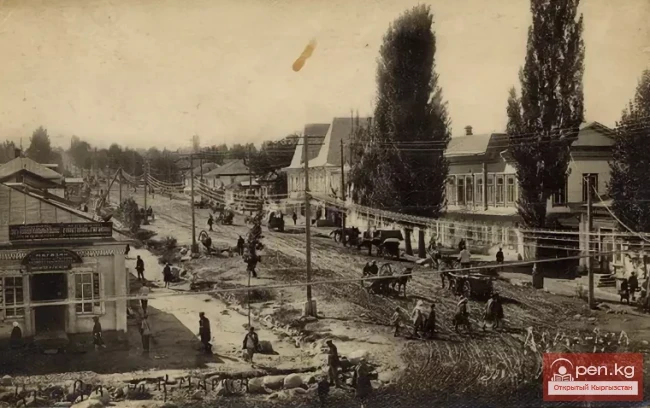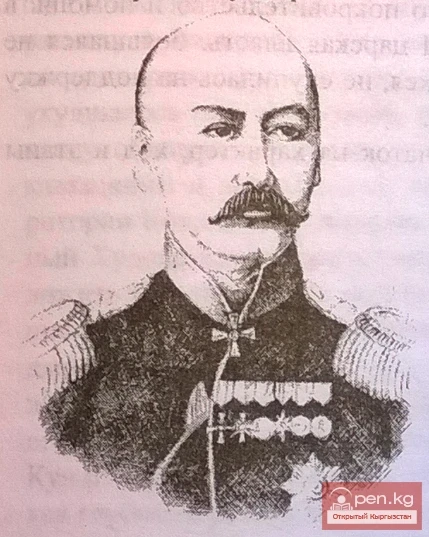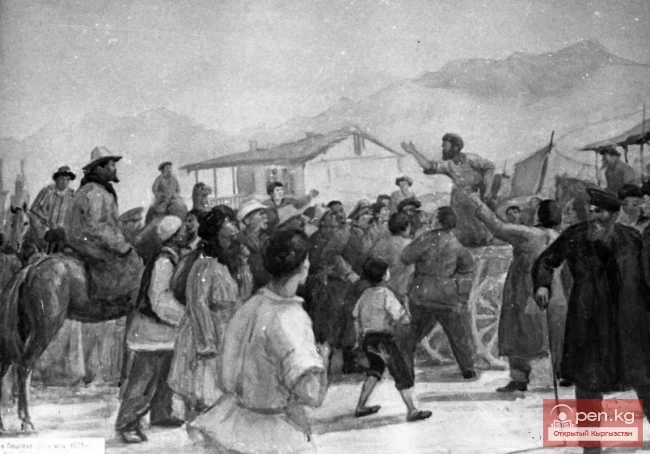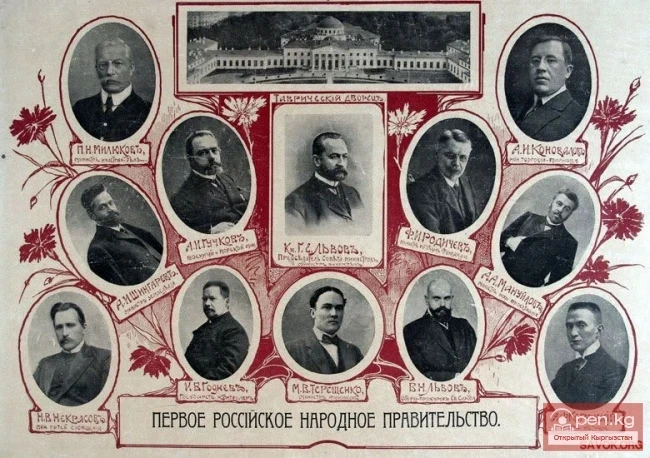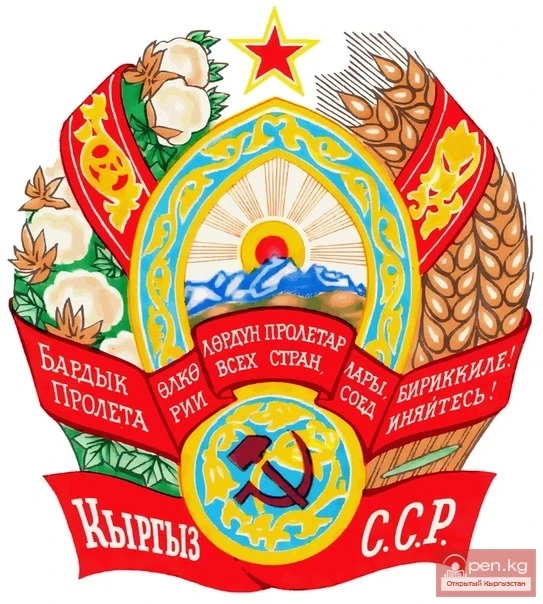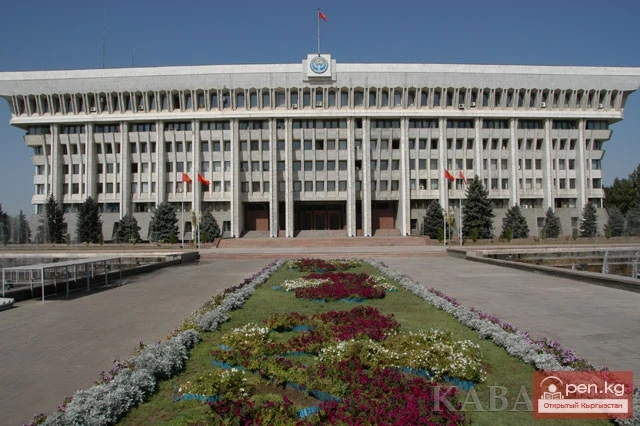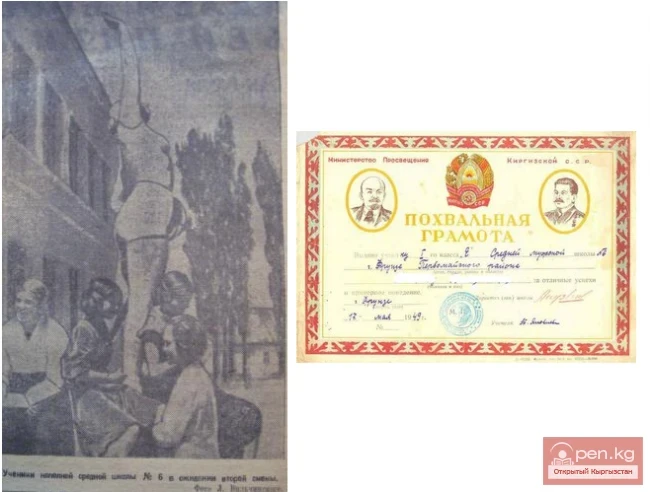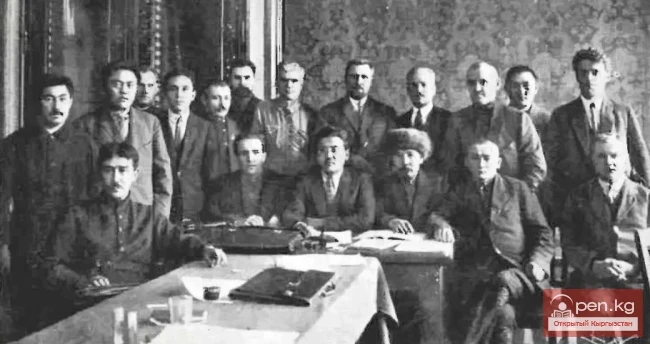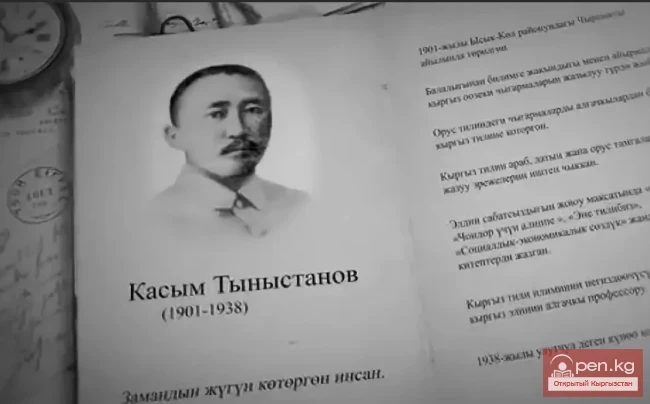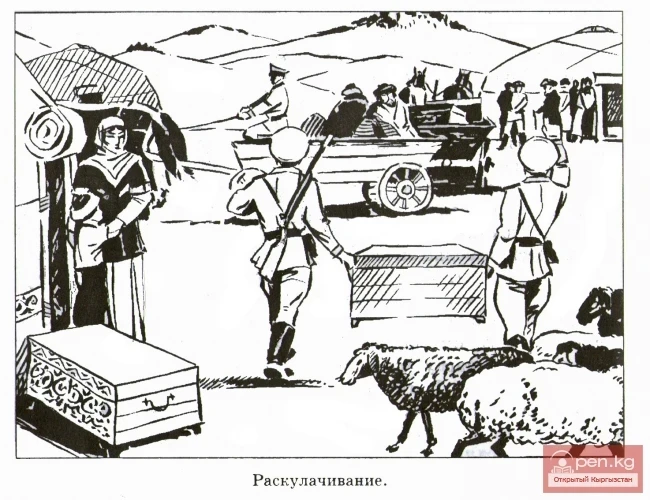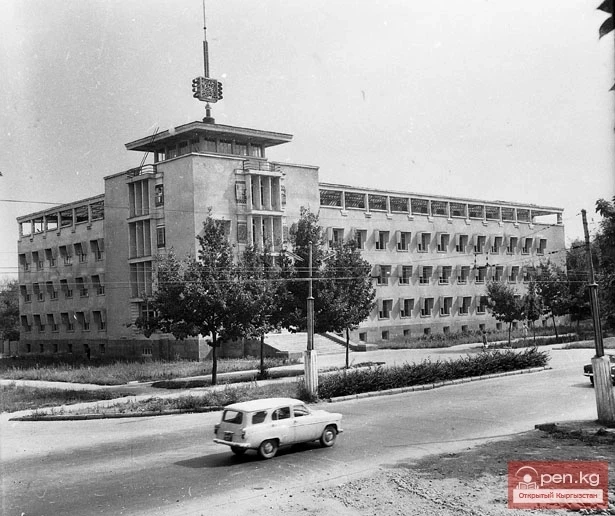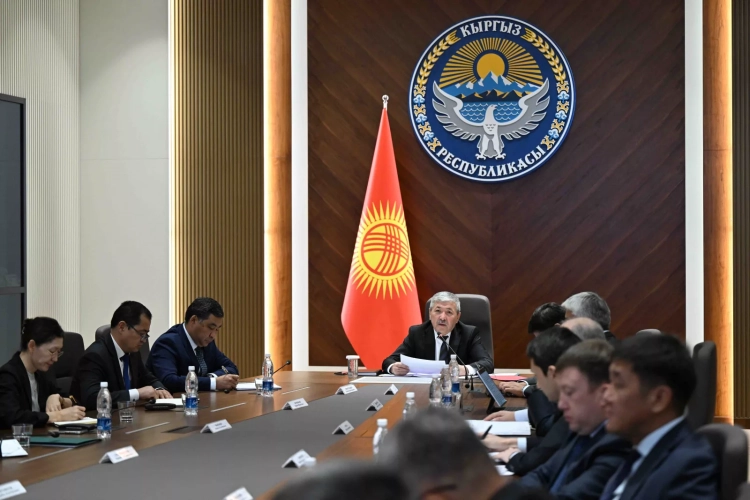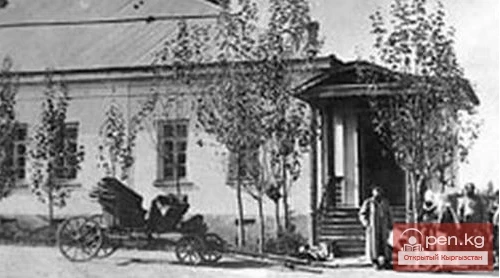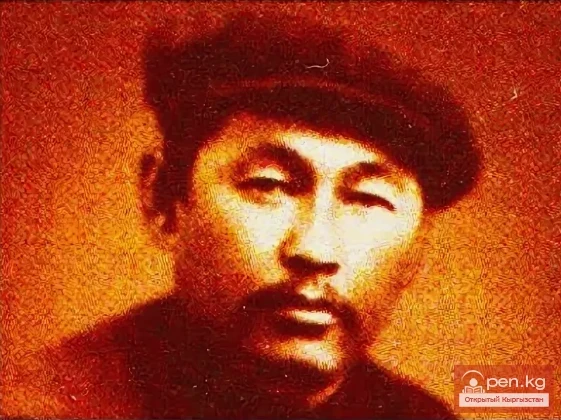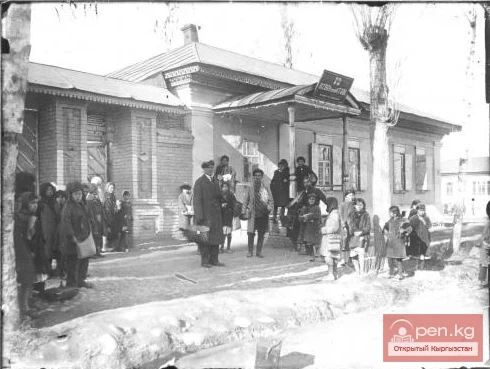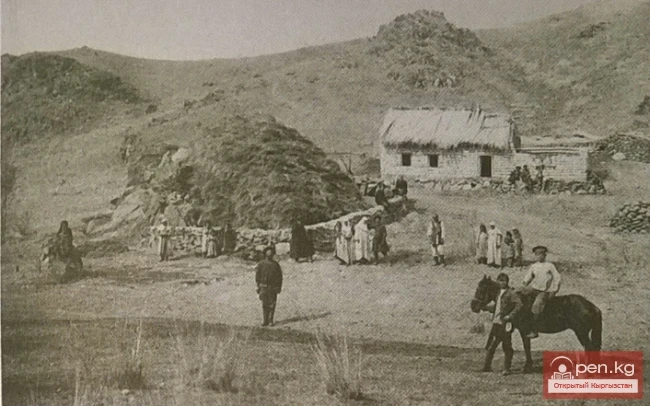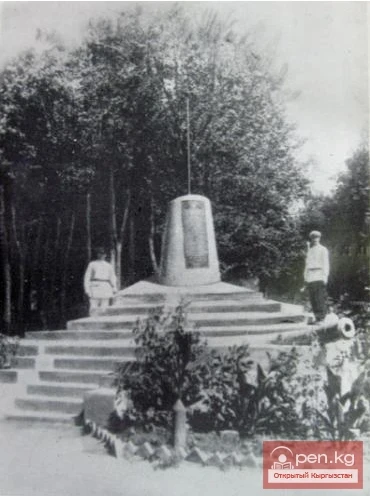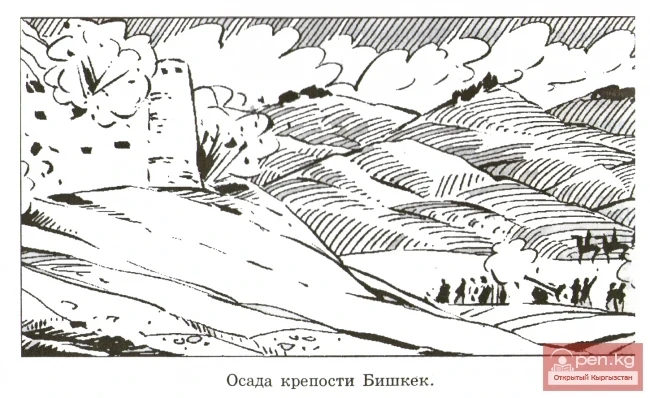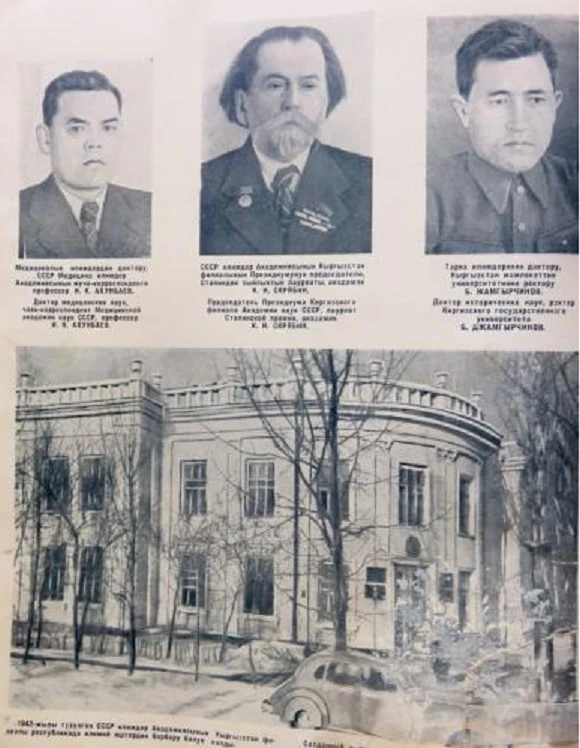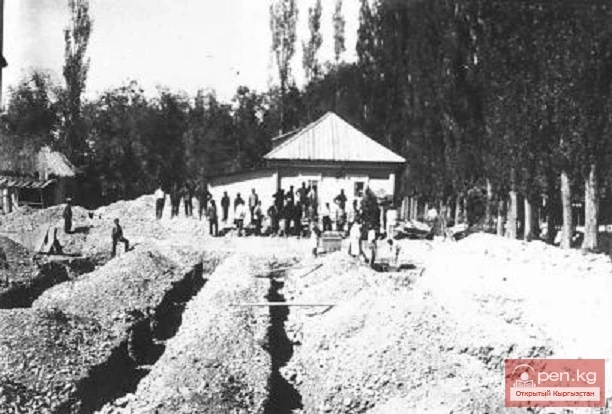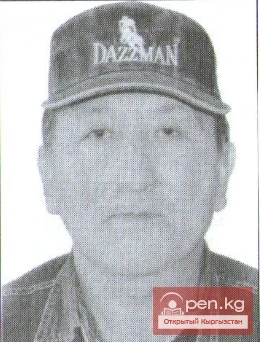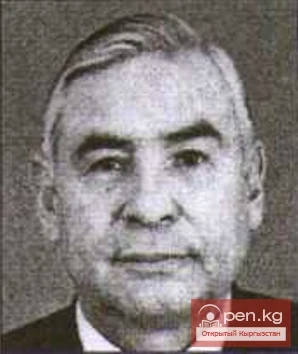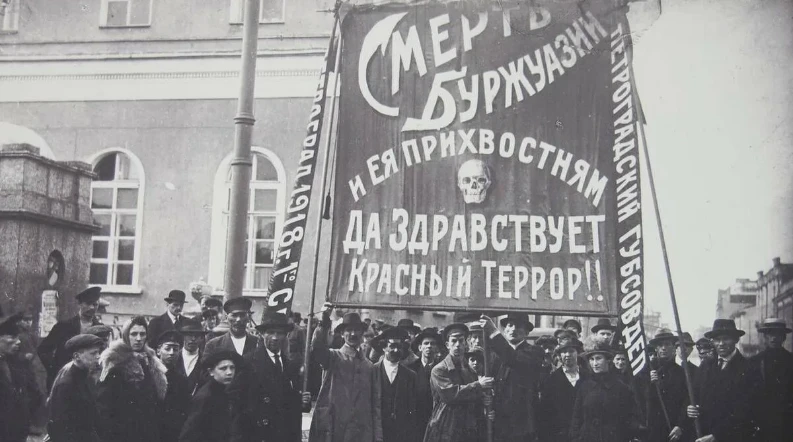Soon A. Sydykov resigned, as the Provisional Government disappointed the expectations of the indigenous masses and did not stop the repressions. By its decree of March 14, 1917, it upheld all imperial decrees that protected colonial orders: "all acts of the supreme administration that occurred before February 27 are to be considered legal." On April 19, the Turkestan Committee of the Provisional Government adopted a resolution prohibiting Kyrgyz and Kazakh refugees from China from entering the Przhevalsk, Pishpek, and other districts and resettling them in the Naryn region and the eastern parts of the Jarkent and Verny districts of Semirechye. Incidentally, this fact was used in the multi-volume history of Kyrgyzstan as evidence of the "anti-people's policy of the Alash-Orda members." The point is that the report on the places of resettlement for returning refugees was prepared by an Alash-Orda member, the government commissioner of Semirechye M. Tynyshpaev. Without bias, it should be noted that this was a correct step on his part, as resettling refugees in places of their former residence, most of which had been seized by settlers, was fraught with new bloodshed. It is worth recalling that the Provisional Government did not make significant efforts to stop the violence against the indigenous population.
The collapse of hopes for the power of the Provisional Government prompted A. Sydykov and several of his supporters to embark on the path of creating their own political organization in Pishpek, which would stand guard over national interests.
In the summer of 1917, with the active participation of A. Sydykov, I. Arabayev, D. Soorombaev, S. Chukin, N. Tulina, K. Tynystanova, I. Aydarbekov, and others, the Pishpek branch of the Kazakh-Kyrgyz party "Alash-Orda" was established. The attitude of Soviet ideology towards it, as well as towards all non-communist organizations, was always extremely negative. During the Soviet era, this party was characterized as exclusively nationalist, a party of the large and medium national bourgeoisie, responsible for the betrayal of its people in 1916, duplicity, preparation for anti-Soviet and kulak uprisings, tears and suffering of the poor. This was an overly simplified assessment, as it contained, like any other party, its leftists, rightists, and centrists.
Red Terror in Kyrgyzstan
After the assassination attempt on V. Lenin, which led to the Red Terror, in the summer of 1918, the Pishpek Committee of "Alash" was dissolved, and in September, the organizations "Shuro-Islamiya," "Ittifak," and "Council of Kyrgyz Proletarians" were closed. In the same year, 7 parties ceased to exist in Russia, in 1919 — 3, in 1920 — 9, and in 1921-1923 — another 6 parties. Soon a similar fate befell other Turkestan parties, associations, and societies that existed in Pishpek, Osh, Jalal-Abad, and other district centers of Kyrgyzstan — branches of "Shuro-Islamiya," "Turan," "Kyrgyz Society," "Council of Islam," and others. After their dissolution, some members of these parties and organizations, disillusioned with the revolution, with its brutality and violence, went into foreign emigration, others joined the Basmachi movement and counter-revolution, while a third group chose to cooperate with the Soviet power. Among the latter were A. Sydykov and his associates. These members from non-communist parties would later form the backbone of the opposition to the official course of the Bolshevik party in Kyrgyzstan.
An attempt to create the "Alash-Orda" party as a branch of the Cadet party was made by a group of Kazakh intellectuals back in 1905. At that time, serious shifts were occurring in the patriarchal economy of Russia towards industrialization. The country saw the emergence of a wealthy and influential class of industrialists and financiers, largely dependent on foreign capital. This facilitated the active penetration of liberal Western ideas into the country, including its colonial outskirts, which was most fully manifested in the platform of the Cadet party. Foreign capital was also actively developing the Kazakh steppe and Turkestan, which predetermined the formation of a pro-Cadet national organization here.
The parties "Alash," "Turan," "Shuro-Islamiya," and others in Kyrgyzstan in the early 20th century
